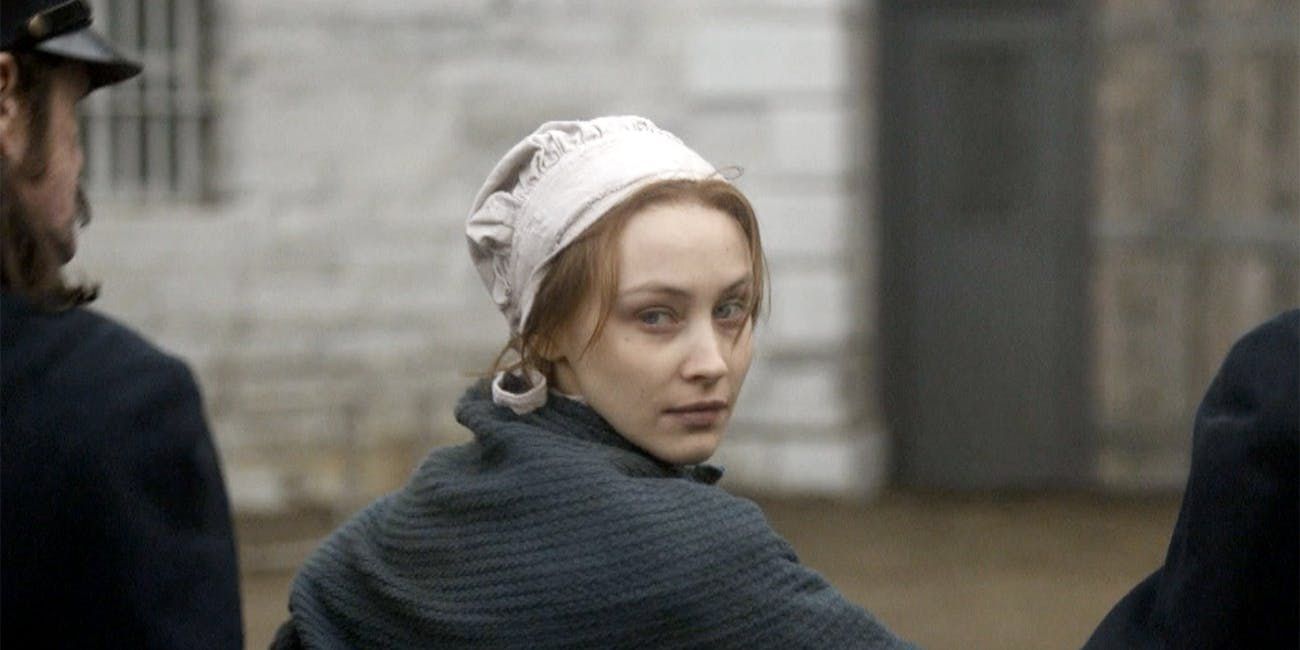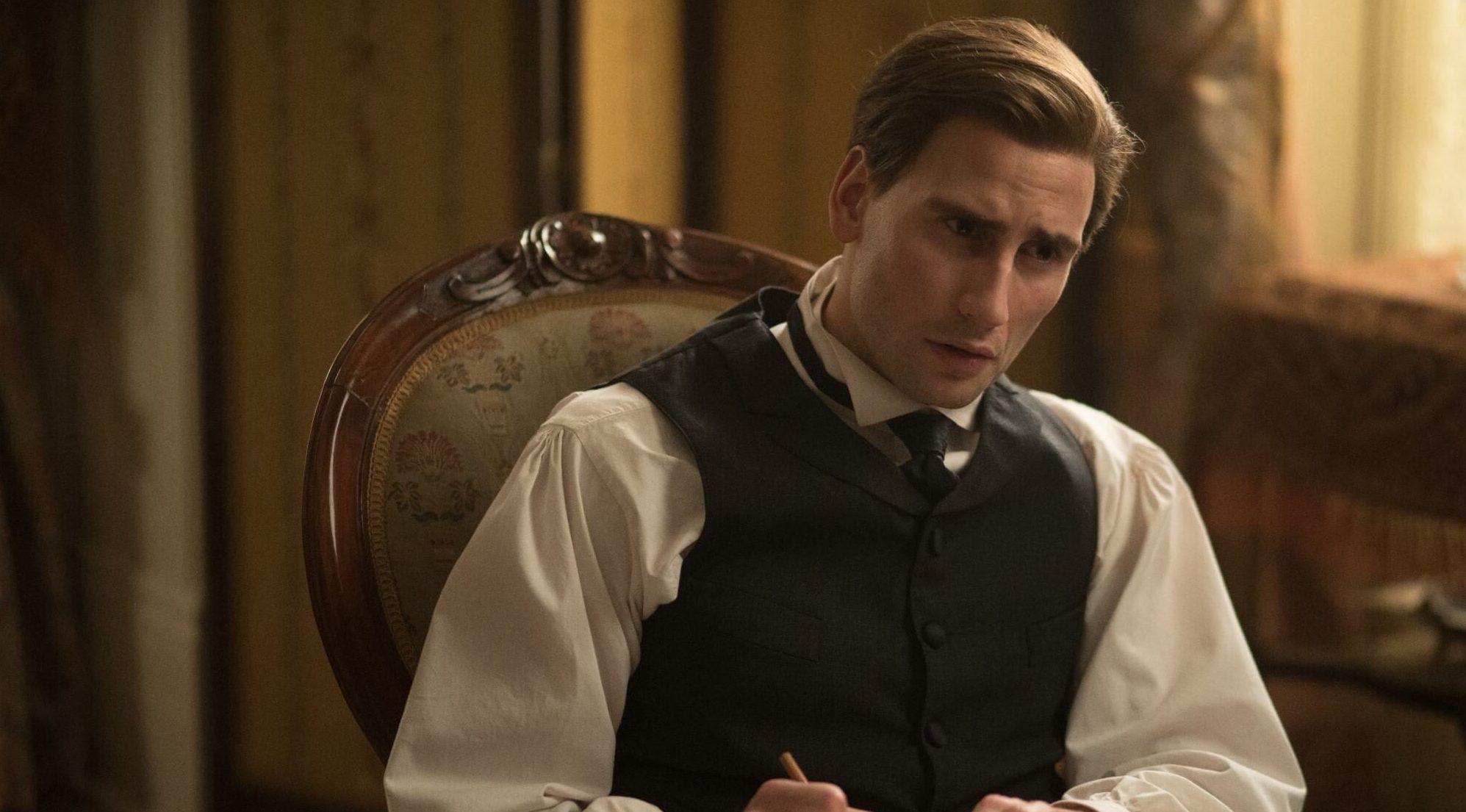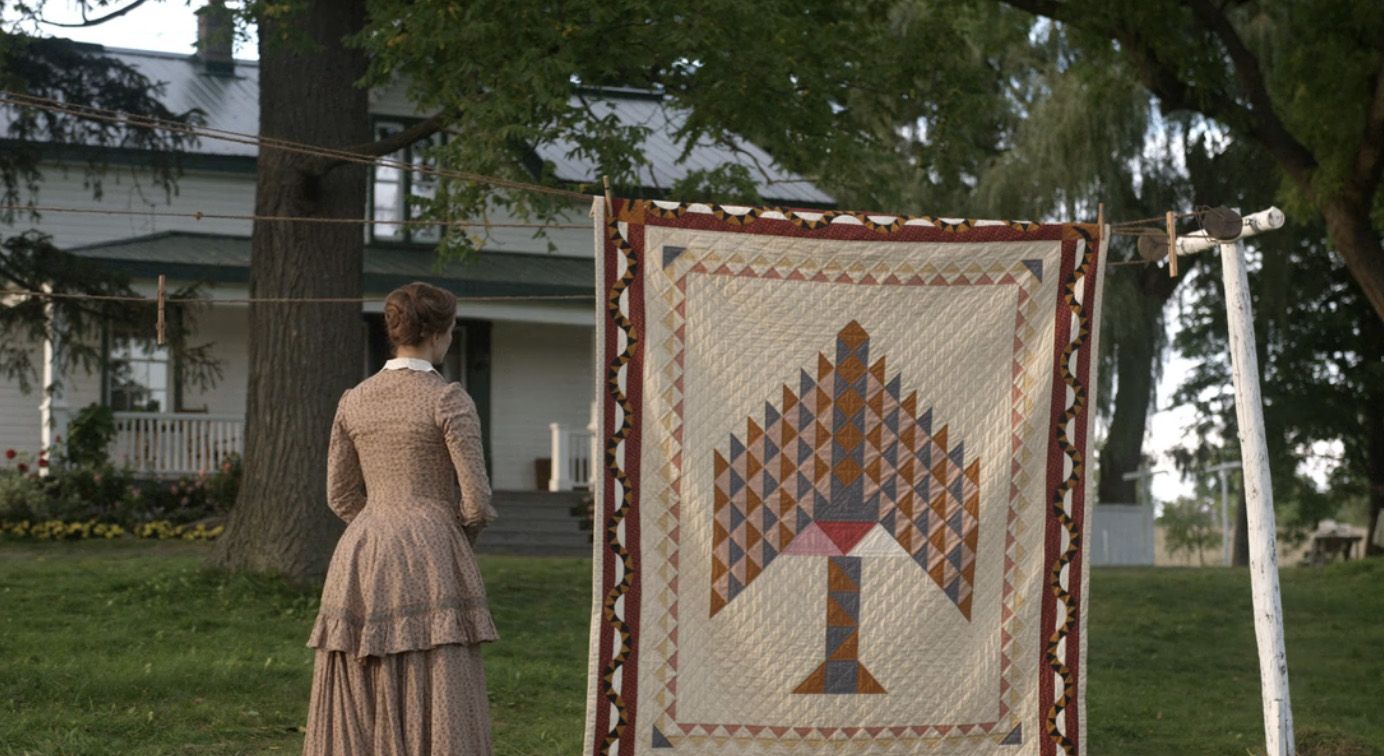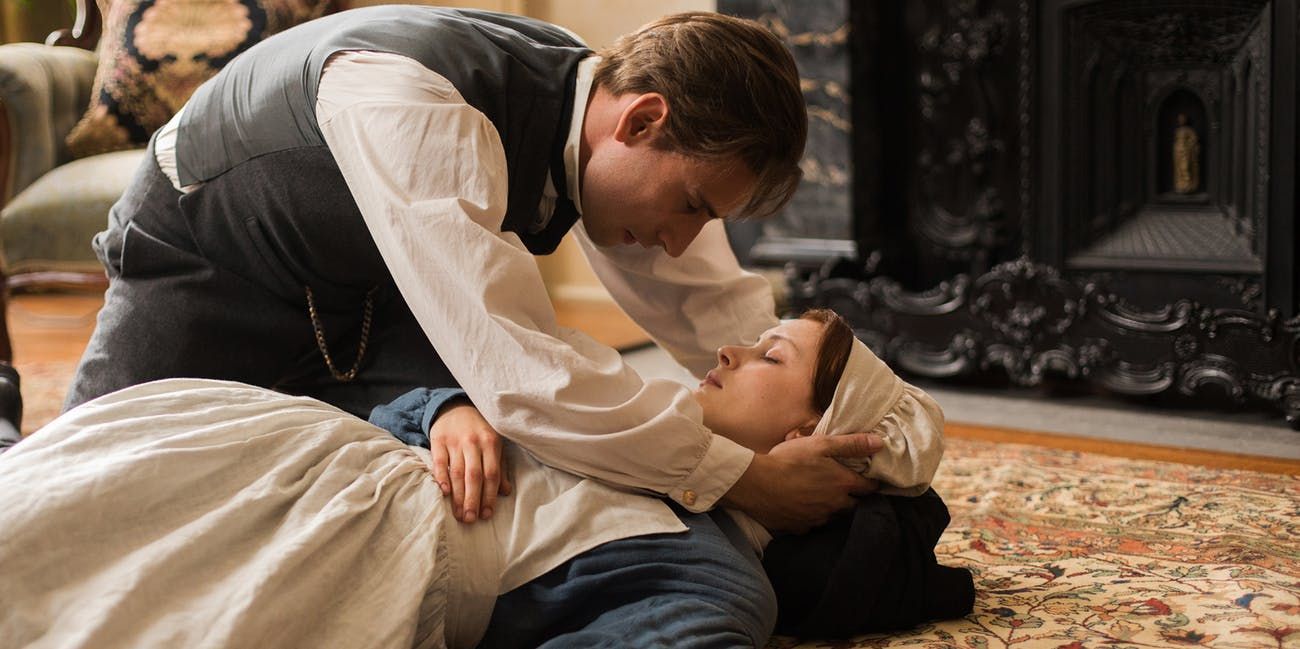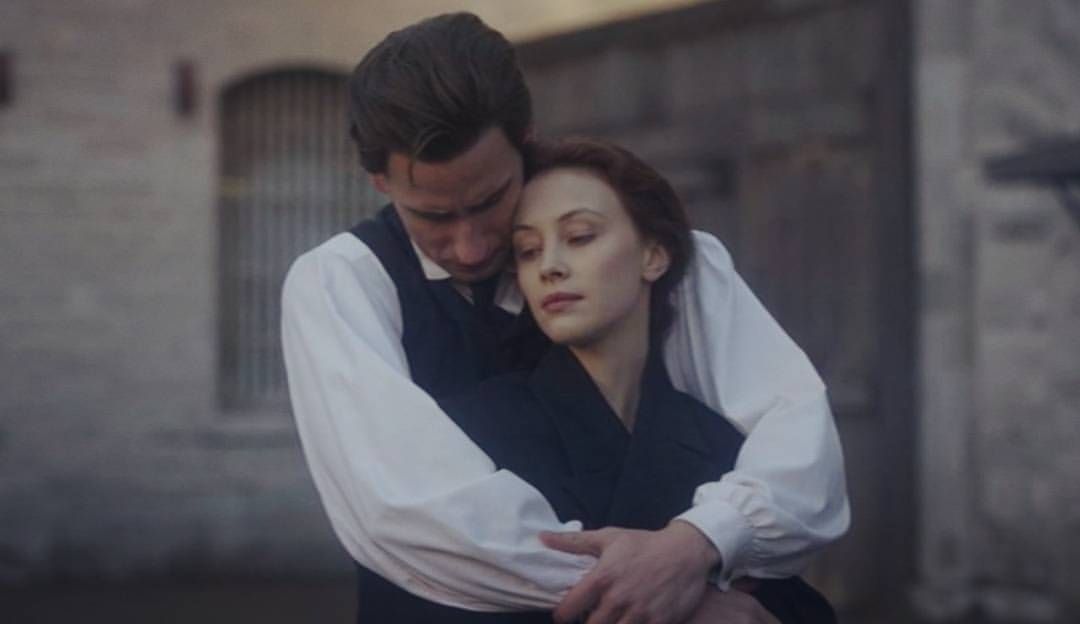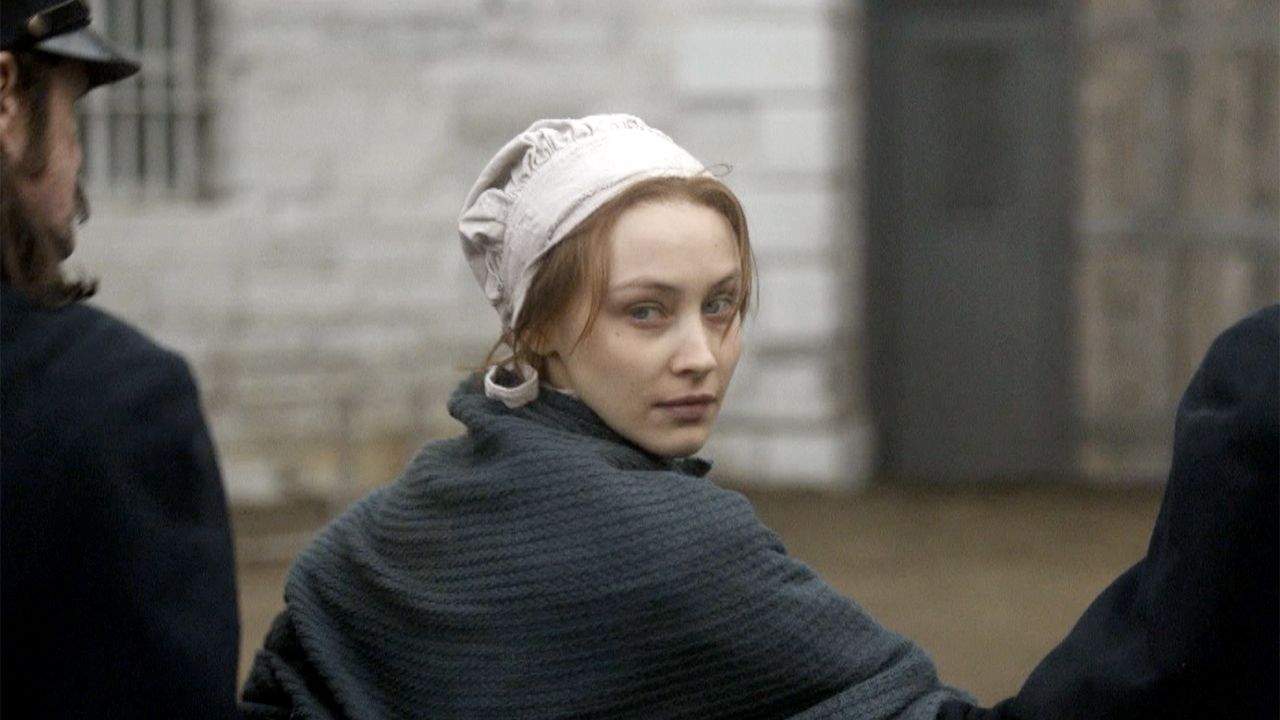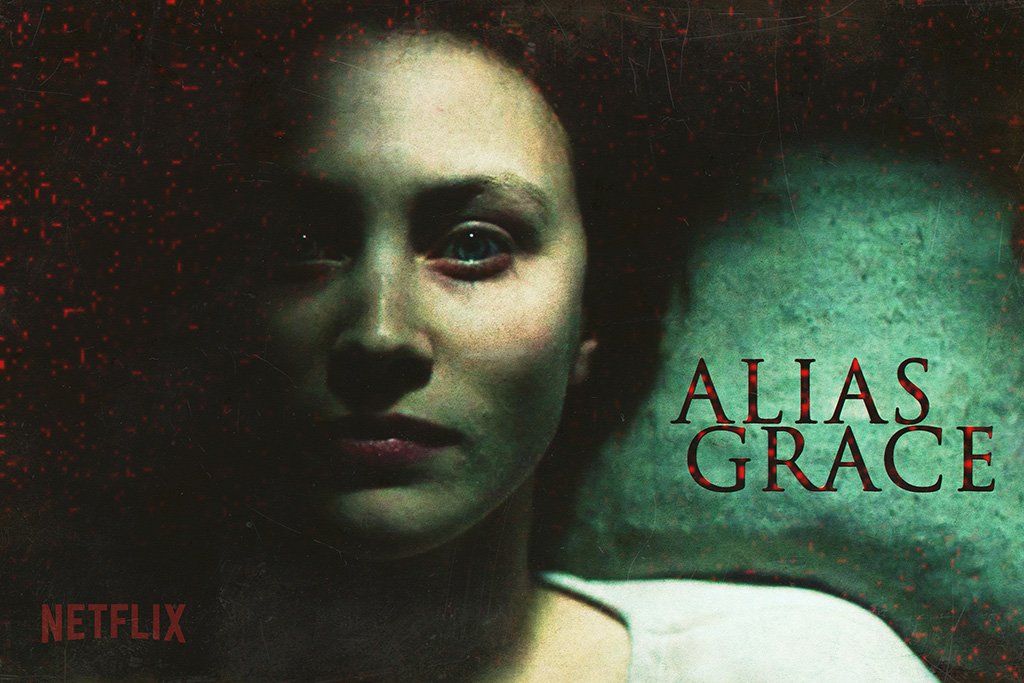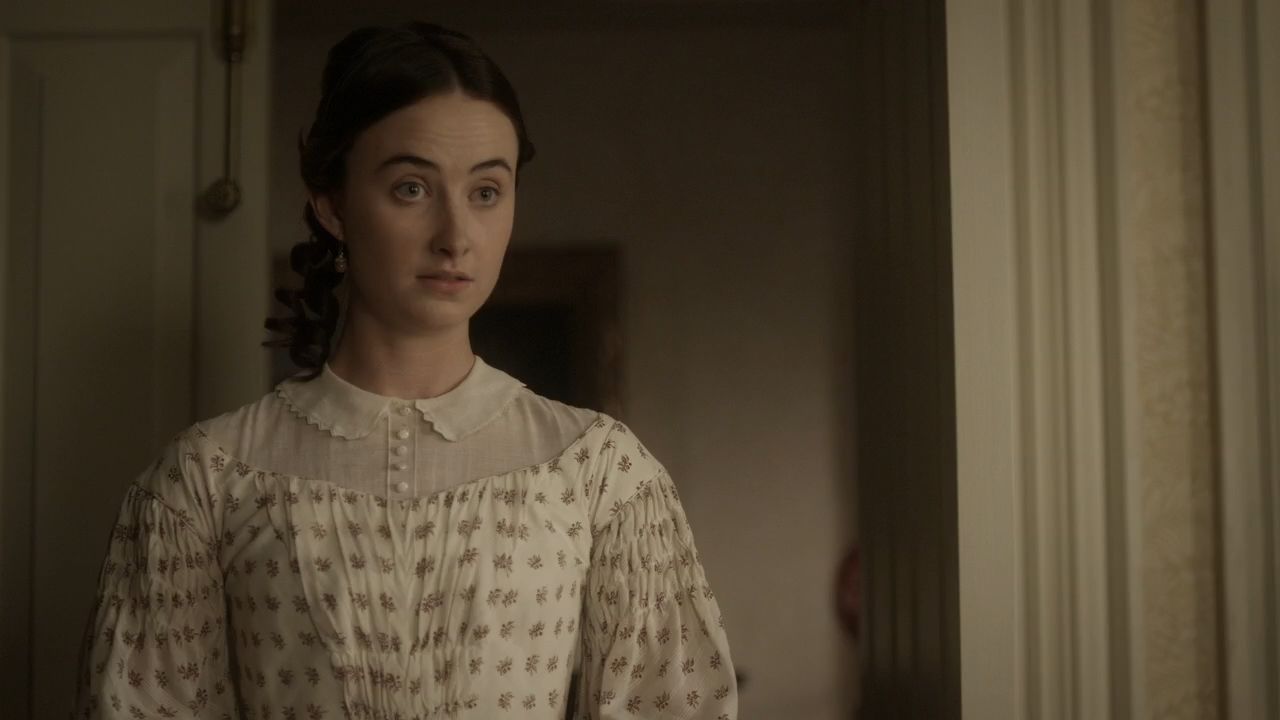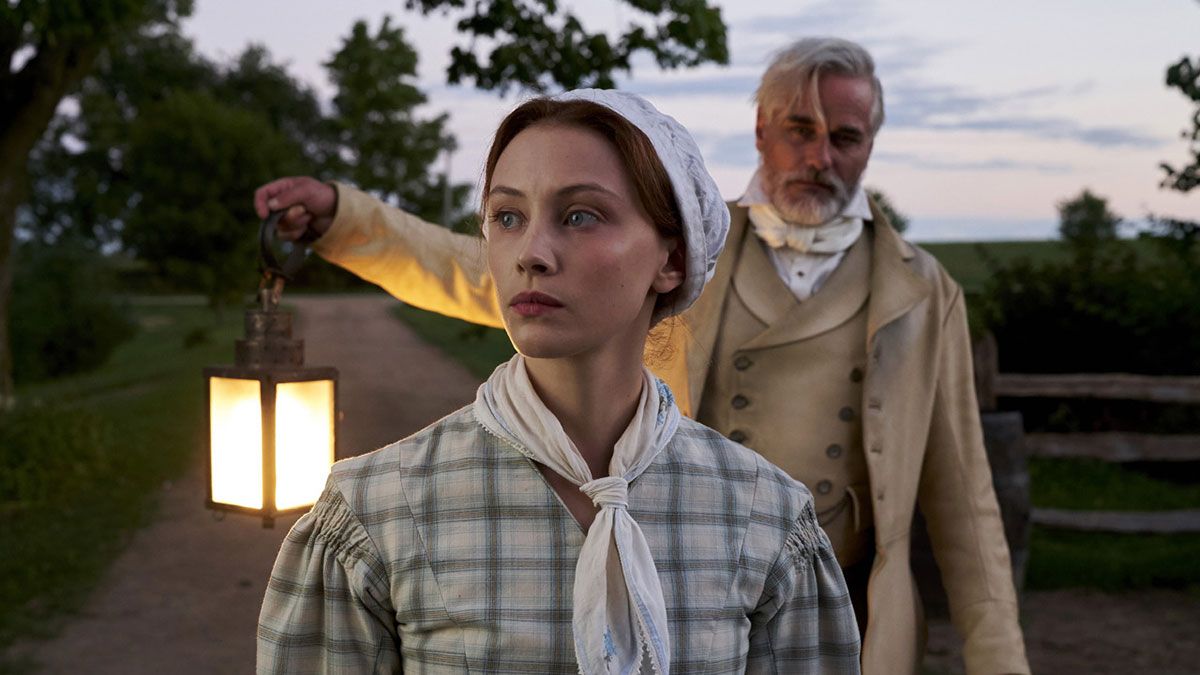Margaret Atwood is one of the finest writers of her generation. After the enormous success, the adaptation of her dystopian novel The Handmaid's Tale harnessed, the public was thirsty for more. Queue Netflix's adaptation of Alias Grace, a historical fiction novel by the same author, that premiered in 2017 and ran for six episodes.
While the show won't be renewed for a second season, since it was intended to be a one season wonder from the very beginning, it was still a fantastic piece of television, that chilled viewers to the bone. Based on the real-life murders of Thomas Kinnear and Nancy Montgomery in the 19th century, Alias Grace made for a compelling and thrilling narrative, mostly due to the fantastic source material provided by Atwood.
As it happens with every book to TV adaptation, not everything was kept the same during the transition. Some things were kept the same, but some minor changes also had to be made in order to transport the narrative to the small screen. So, without further delay, here are 5 things they kept the same and 5 things they changed from the book.
Kept: Grace's Narration
It's an extremely important part of the novel that we are presented with Grace's narration and perspective. In Alias Grace, this becomes even more paramount because the entire plot focuses on trying to understand whether or not Grace is guilty of the murders she is accused of, something that would be hard to do without more than one perspective.
Having the main character speak to both the reader/audience, and to Dr.Jordan, offers spectacular insight into her mind, and how it compares to the way she expresses herself externally. This increases the stakes and keeps both the people watching and the character listening, hooked and hanging on every word.
Changed: Dr.Jordan's Perspective
Dr.Jordan is still a very central character in the show Alias Grace and one that ends up working as a mirror of the audience itself. However, it's true that Margaret Atwood gave his book counterpart more of a complex storyline than the one we see on the show, which chooses to rely on Grace's story as the major narrative driver.
In the book, we are told more about who Dr.Jordan is, and what his life looks like outside of the whole Grace enigma. Atwood dwells more on his experiences with other people, his feelings towards what is happening, and his inner struggle in regards to Grace. In the show, Dr.Jordan is still there - he simply doesn't get to be as developed as he is in the book.
Kept: The Quilt
The whole quilt analogy is one that we saw being carried out all the way throughout the series. Of course, this wasn't a coincidence, considering Margaret's book relies heavily upon it. It was a very smart move on the part of the showrunners to keep it in a not so subtle way, considering it's almost a physical representation of Grace's situation.
Much like the quilts, Grace occupies herself with, her story, in the way that the readers/audience receive it, is constructed on a piece by piece basis, with information being shared in bits, from a series of different sources, that Dr.Jordan and the audience are slowly trying to piece together.
Changed: Grace's Pregnancy
There is a small but significant piece of information that fans weren't provided with on the show. This is probably due to the fact that it doesn't add much to the story in itself, to the characters, and to the entire journey we were taken on, but it's still a deviation from the source material worth mentioning.
By the end of the book, we're told that Grace, now well into her mid-forties, suspects she might be pregnant in spite of her advanced age. She tells the reader she can be three months in by the time, while, simultaneously, letting it hang in the air the possibility of the pregnancy being actually a tumor.
Kept: Grace's Marriage
Even though the show decided to omit the potential pregnancy bit, the general closing of the series stays extremely faithful to Margaret's book, as it did in general. This is probably due to the fact that the book the series draws from is actually based on a true story, and the writer herself didn't take an insane amount of creative liberties.
One of the key points that stays the same is Grace's marriage. Just like in the novel, Grace is wed to Jamie Walsh, and they take care of a farm together - even their pets remained the same, all the way down to their names! That's pretty impressive for an adaptation, going so hard on the details, much to the fans' delight.
Changed: The True Story
As it's been mentioned before, Margaret Atwood original novel is based on a true story. In reality, many of the events, characters, and bits of information we are given in the books come directly from historical documents and records. What Atwood did was provide a thrilling account of a history that actually existed long ago, which is, for many fans, the biggest selling point of Alias Grace.
The show, however, doesn't let us know that the facts depicted are actually based on real events. Anyone who is unfamiliar with the book can easily be led to believe everything about the show is pure fiction, which actually takes away from the experience of watching such a well crafted, almost horror-like show.
Kept: The Majority Of The Source Material
If there's one thing fans of the novel praise the show for, is how incredibly faithful it is to its original source material. There aren't significant changes in plot, the character traits are exactly the same, and event the way Atwood conducts the narrative was successfully transported into the small screen.
What helps keep the show so close to the original Alias Grace is just how much it takes from the novel in terms of dialogue and narration. In fact, huge chunks of Grace's narration, and much of the show's dialogue are taken ipsis verbis from the book, making the show an almost perfect adaptation of Atwood's work.
Changed: Mrs.Humphrey's Importance
The role of Mrs. Humphrey is very tightly tied to the role of Dr. Jordan. She serves as his landlady, and there's nothing wrong or incorrect about the way she is represented on the show. Again, as we've seen before, characters, in general, tend to stay very true to their book nature in the world of Alias Grace.
However, due to the fact that we got less from Dr. Jordan and his world, it's only natural that we got less from Mrs. Humphrey, and her desperate attempts to win her tenant's affection. This plotline is far from being highlighted on the show in the way it is in the books, but this doesn't really hurt the show in any way.
Kept: The Last Line
Grace's marriage to Jamie Walsh, along with her fate at the end of the book, is very much the same in the show. Besides that small pregnancy detail, fans didn't have much to complain about in regards to the way the showrunners decided to finish off the TV adaptation of Alias Grace, especially due to the beautiful final nod it gave Margaret Atwood.
As it turns out, we get the exact same line at the end of the last episode as we get at the end of the novel. In the words of Grace herself, "and so, we will all be together". A wonderful way to tie the source material together with its already faithful adaptation, something to delight fans of the book, and fans of the series alike.
Changed: Mrs.Humphrey's Fate
Because we got so much less of Mrs. Humphrey, and her whole storyline of being in love with Dr. Jordan, who couldn't really care less about her, the show actually did her a favor in the way it ended her character arch, by not showing any more of her once the recipient of her affections leaves.
The book takes things a step further and makes poor Mrs. Humphrey look even worse. Margaret Atwood gives us portions of letters, some of them from the Dr.'s mother to the former landlady basically telling her to stop trying to contact her son. Ouch? Not a good ending for any character, and it was definitely a mercy on the part of the showrunners.

